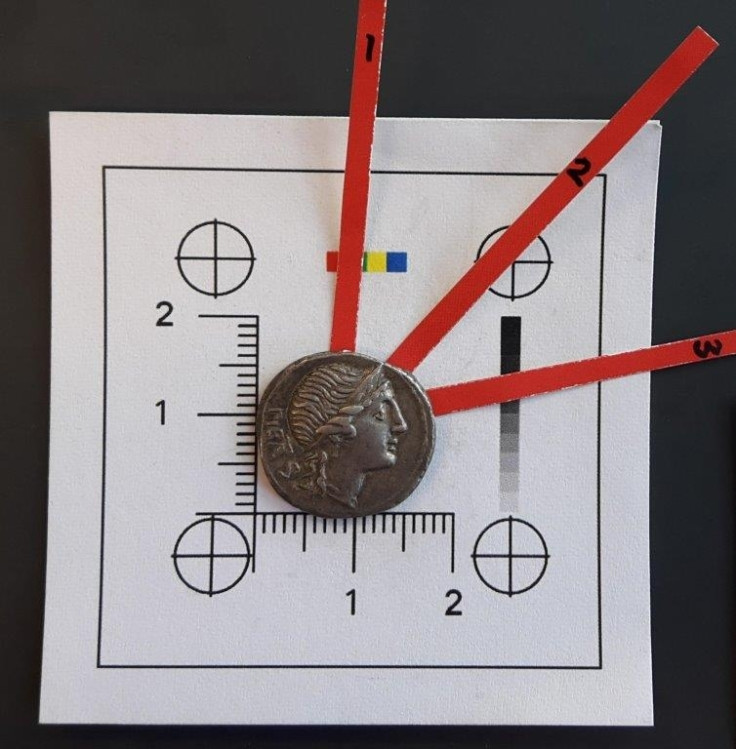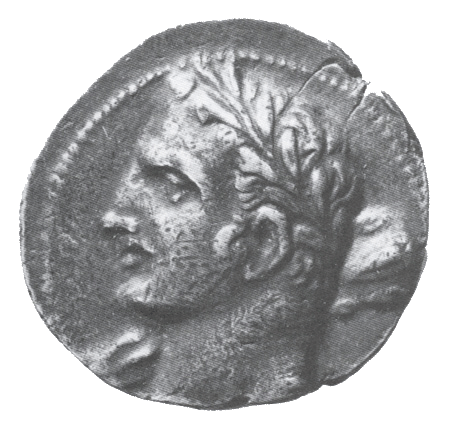2,200-year-old coins record Hannibal's defeat and the start of the Roman Empire
Rome's victory over Carthage set it on the path of rapid expansion.

Traces of silver linked to Carthaginian general Hannibal's defeat in the Second Punic War have been found in Roman coins from around the year 211 BCE, geochemical analysis has found.
Hannibal's defeat was perhaps the most famous of all throughout the Punic Wars. He rode his war elephants over the Alps in a daring but ultimately failed attack on Rome. The latter not only survived but went on to conquer the Iberian Peninsula, which had formerly been under Carthaginian control.
This led the Romans to the Spanish silver mines that had been partially what drew the Carthaginians to this part of the world in the first place.
The conquest of these mines can be traced through the nature of the coins the Romans produced through the Second Punic War, according to research presented at the Goldschmidt Conference on geochemistry in Paris.
Researchers in Germany and Denmark analysed the chemical composition of 70 silver Roman coins dating from about 310 BCE to 101 BCE, spanning either side of the war.
"Before the war we find that the Roman coins are made of silver from the same sources as the coinage issued by Greek cities in Italy and Sicily. In other words the lead isotope signatures of the coins correspond to those of silver ores and metallurgical products from the Aegean region," said Katrin Westner of the Institute for Archaeological Sciences, Goethe University, Germany.
Traces of lead in the coins had a characteristic southern Spanish signature after about 209 BCE, indicating they were made from silver ore extracted from the newly acquired mines.
"The defeat of Carthage led to huge reparation payments to Rome, as well as Rome gaining high amounts of booty and ownership of the rich Spanish silver mines. From 209 BCE we see that the majority of Roman coins show geochemical signatures typical for Iberian silver."
The wealth from the mines, coupled with the Carthaginian reparations, fuelled Rome's expansion and laid the foundations for its empire.
"This massive influx of Iberian silver significantly changed Rome's economy, allowing it to become the superpower of its day," said Westner.
"We know this from the histories of Livy and Polybius and others, but our work gives contemporary scientific proof of the rise of Rome. What our work shows is that the defeat of Hannibal and the rise of Rome is written in the coins of the Roman Empire."

© Copyright IBTimes 2025. All rights reserved.






















